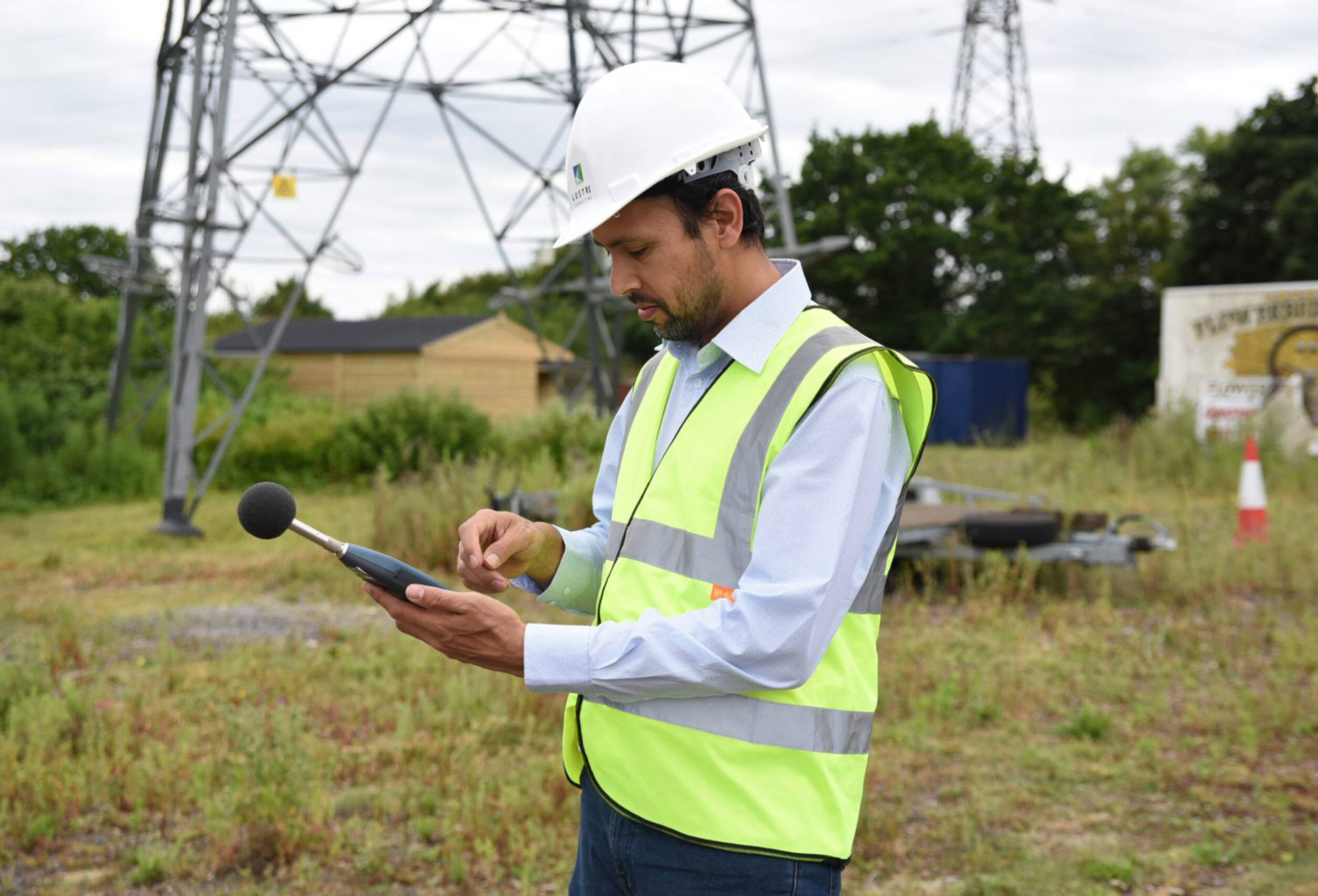In today’s rapidly urbanizing world, the need for effective noise management has become more pressing than ever. Urban areas are expanding at an unprecedented rate, bringing with them increased traffic, construction, and industrial activity, all of which contribute to higher levels of noise pollution. This poses significant challenges for architects, urban planners, construction companies, environmental agencies, and homeowners, who must find ways to balance development with quality of life.
Noise pollution can affect everything from health and well-being to property values and productivity. In response, a noise consultant can provide essential expertise to mitigate these challenges. By conducting detailed noise assessments and developing tailored solutions, these professionals help ensure projects not only meet regulatory standards but also enhance the quality of living and working environments. Whether it’s designing noise barriers, implementing sound insulation measures, or advising on urban planning strategies, their input is vital in crafting spaces that are both vibrant and tranquil.
The Role of Noise Consultants in Various Sectors
Noise consultants play a critical role across multiple sectors. Architects offer valuable insights during the design phase, helping to incorporate noise reduction features that enhance building performance. Urban planners rely on their expertise to develop strategies that minimise noise pollution in densely populated areas. Construction companies benefit from their assessments, which help manage noise levels on-site, reducing the impact on surrounding communities. Environmental agencies and local governments turn to noise consultants to ensure that projects comply with environmental standards and regulations, safeguarding public health and well-being.
Meeting Environmental Standards and Regulations
One of the key contributions of noise consultants is their ability to help projects meet stringent environmental standards and regulations. Noise assessments are a mandatory requirement for many planning applications, and failure to comply can result in delays or fines. Noise consultants conduct detailed assessments to identify potential noise sources and predict their impact. They then propose mitigation measures to reduce noise levels to acceptable limits, ensuring compliance with local and national regulations.
Successful Noise Mitigation Strategies
Case studies provide compelling evidence of the effectiveness of professional noise mitigation strategies. For example, a large-scale urban development in London faced community opposition due to potential noise impacts. By engaging a noise consultant early in the planning process, the developers were able to implement a range of measures, including acoustic barriers, building orientation adjustments, and specialised glazing. These efforts not only reduced noise levels but also improved community relations, allowing the project to proceed smoothly.
On construction sites, noise consultants have successfully introduced innovative solutions such as using quieter machinery, scheduling noisy activities during less sensitive times, and installing temporary noise barriers. These strategies have significantly decreased noise pollution, minimising disruption to neighbouring areas and improving worker conditions.
Advanced Technologies and Tools
Noise consultants leverage the latest technologies and tools to provide accurate assessments and effective solutions. State-of-the-art sound level meters and monitoring equipment enable precise noise measurements. Advanced software allows for detailed noise modelling and prediction, helping consultants develop targeted mitigation plans. In addition, the use of machine learning and data analytics is becoming increasingly prevalent, providing deeper insights into noise patterns and potential solutions.
Tips for Homeowners on Reducing Noise Pollution
While large-scale projects often dominate discussions around noise pollution, homeowners also face challenges in maintaining a tranquil living environment. Simple yet effective measures can significantly reduce noise levels in homes. Installing double-glazed windows, using thick carpets and curtains, and incorporating soundproofing materials in walls and ceilings can all contribute to a quieter home. Consulting a noise expert can also provide personalised advice tailored to specific needs, ensuring optimal results.
Conclusion
The importance of noise consultants in modern urban development cannot be overstated. Their expertise is invaluable in helping projects meet environmental standards, implementing successful noise mitigation strategies, and utilising advanced technologies for precise assessments. By working with noise consultants, architects, urban planners, construction companies, and homeowners can effectively manage noise pollution, creating more harmonious living and working environments.
